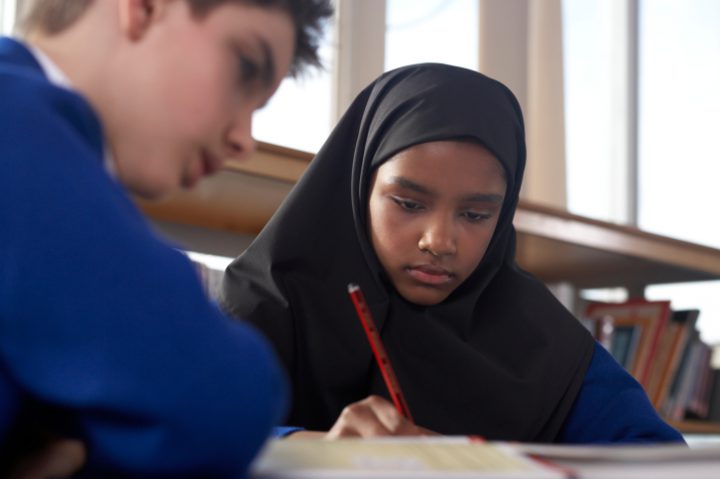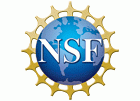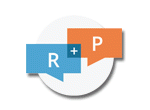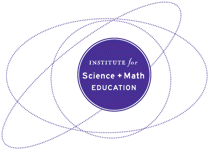How to design assessments for emerging bilingual students

Why It Matters To You
- Teachers should use frequent formative assessments of different kinds to bridge students’ everyday and disciplinary language practices.
- District Staff & PD Providers should support teachers to prioritize understanding the details of student thinking first and giving grades second.
- School Leaders should advocate for more low-stakes assessments to (1) support instructional decisionmaking by teachers and (2) help students understand their learning process and progress.
What is the Issue?
Many students are marginalized in school because their everyday language is not recognized or supported. Referring to these students only as “English language learners” diminishes awareness of the rich linguistic resources they bring from their home languages. There are many powerful ways to support emerging bilingual students, including: (1) unpacking the specific language forms of science, (2) translating assessment prompts, (3) allowing students to respond in their home languages, and (4) helping educators better understand and build on what students know.
Authors:
KERRI WINGERT - MAY 2016
Reflection Questions
- How can you support students to express their understanding using multiple modes of expression and even multiple languages in your classroom?
- Have you considered pilot testing your assessments with emerging bilinguals before using them with others?
Things to Consider
- Focus assessment on the learning goal—not on student familiarity with a style of discourse. Science contains many uses of language that can differ from students’ everyday discourses. This variability can make assessments inequitable. Tasks designed to evaluate students’ science learning might unintentionally be measuring the similarities of students’ discourses to those valued in science—and not the specific learning goal itself.
- Help students understand how and why to engage in science discourse. In a scientific argument, the most valued evidence is observed data connected with scientific reasoning. Students’ everyday argumentation practices can support science argumentation. The best way to measure student understanding is by making language practices like argumentation explicit and purposeful in both instruction and assessment. Students deserve to know how and why they are engaging in science discourse.
- Routinely practice the entire formative assessment process: Design assessments, gather evidence, interpret evidence, and change instruction to meet the needs of emerging bilingual students.
Crafting Equitable Assessment Items
- Have students write the same response multiple ways to develop attention to features of scientific language and their everyday language. Ask, “How could you explain ____________ to a younger student?” and “How could you explain ____________ to a scientist?”
- Ask students to notice and think critically about the features of everyday and scientific language (i.e., particular varieties of language) afford the speaker.
- Ask students to reflect on their learning and connect to personal and community interests.
- Choose assessment scenarios that are relevant to or experienced by all students, especially international students who haven’t grown up in the U.S. Students’ reading comprehension also benefits when they have related experiences and background knowledge.
- Emphasize multiple modes of expression of science concepts, such as drawing, sculpture, art, video, or photography. Self-documentation assessments are an excellent approach.
- Ask your ELL department to support you in translating formative assessment questions for emerging bilinguals.
- Take specific language issues into account. See table on the right.

ALSO SEE STEM TEACHING TOOLS
STEM Teaching Tools content copyright 2014-22 UW Institute for Science + Math Education. All rights reserved.
This site is primarily funded by the National Science Foundation (NSF) through Award #1920249 (previously through Awards #1238253 and #1854059). Opinions expressed are not those of any funding agency.
Work is licensed under a Creative Commons Attribution-ShareAlike 4.0 Unported License. Others may adapt with attribution. Funded by the National Science Foundation (NSF). Opinions expressed are not those of any funding agency.


 Email Feedback
Email Feedback


